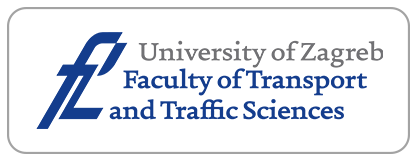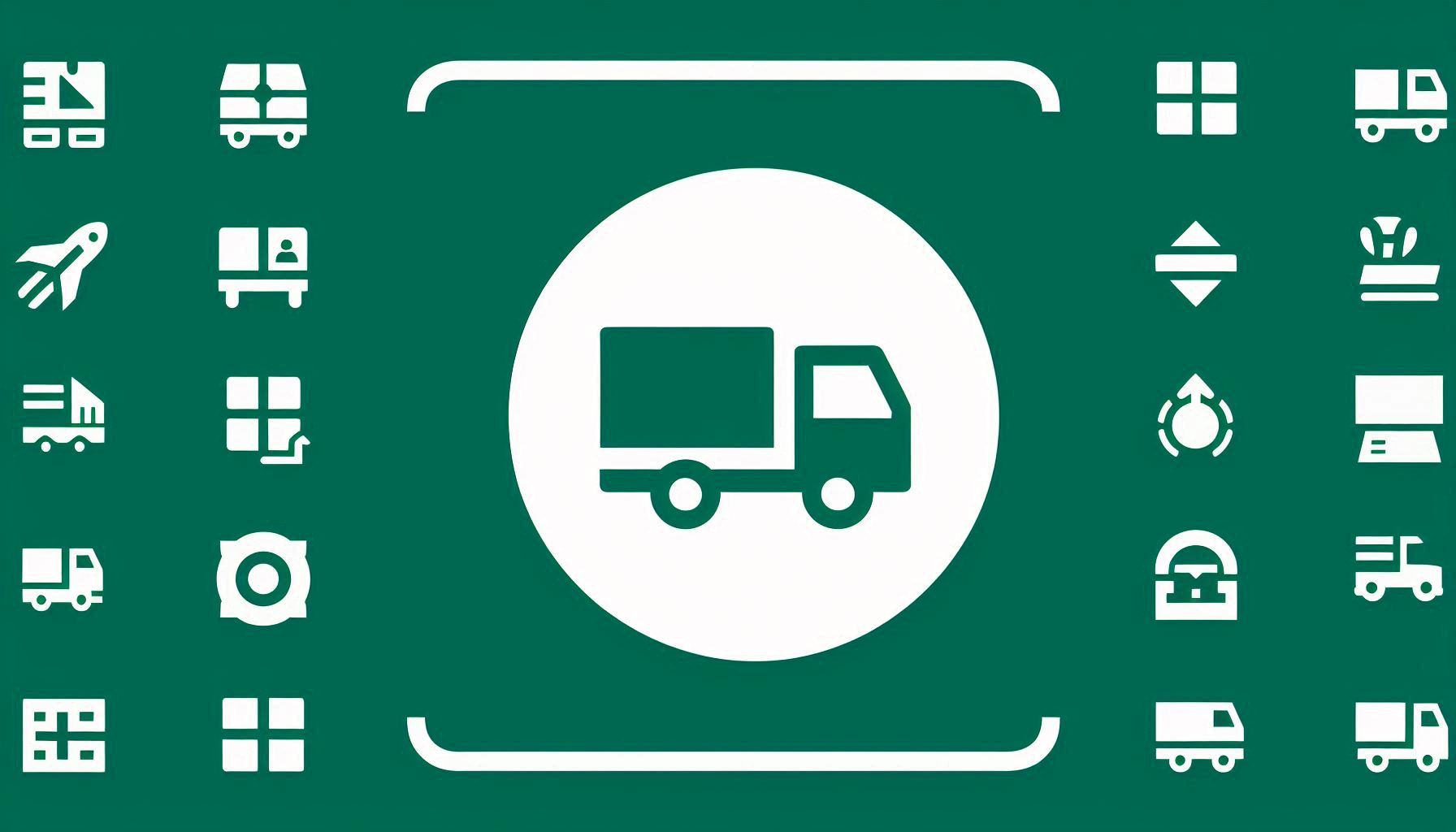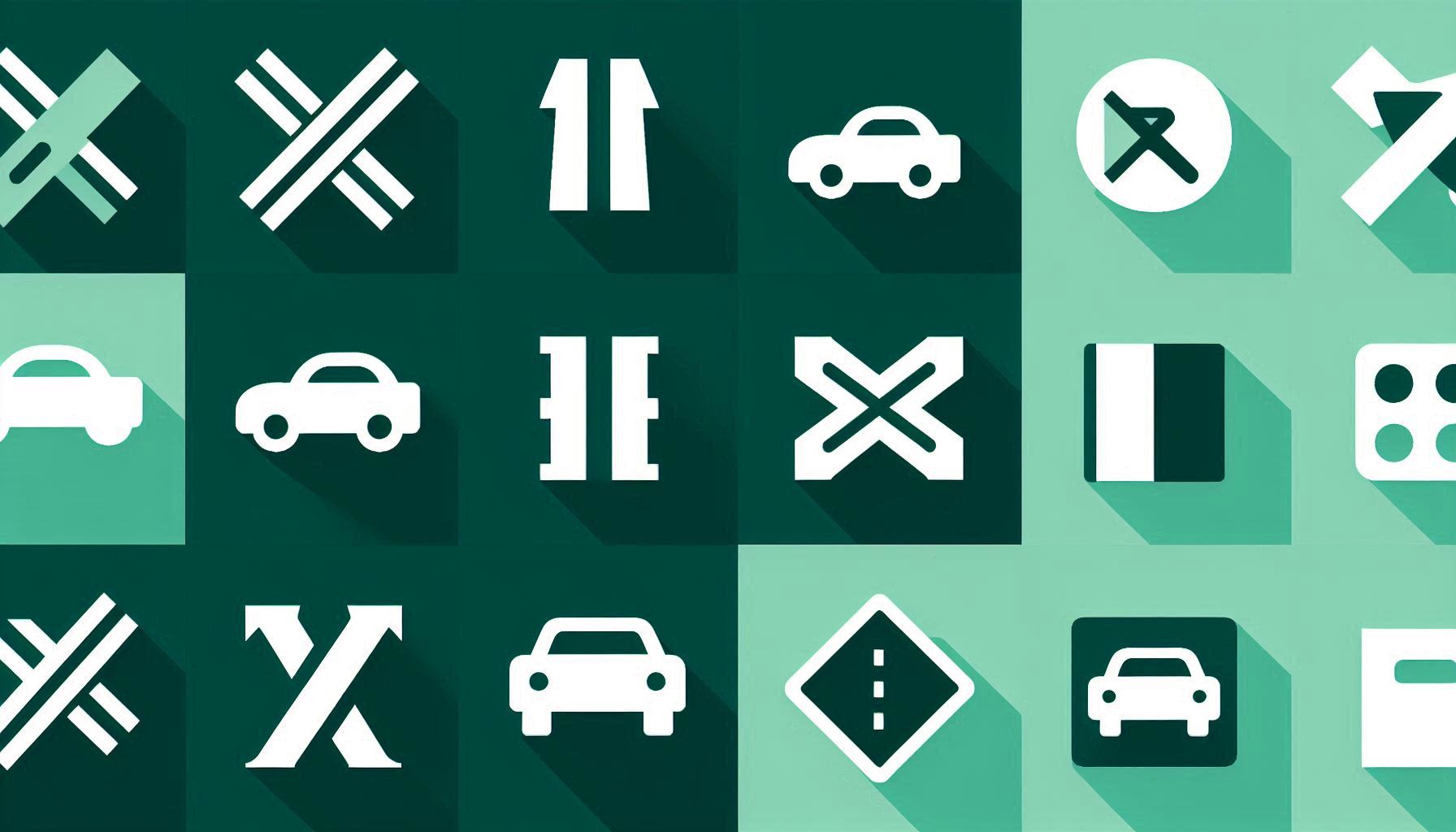Cooperative Strategy for Airline Code-Share Agreements – A Comparative Analysis

Downloads
Members of marketing airline alliances cooperatively book seats from the operating airline and compete with each other in the market. This paper models and discusses two types of bargaining pricing processes: representative-based and agent-based cooperative bargaining. It also considers the internal negotiation mechanism within the marketing airline alliance for representative-based bargaining. Using a cooperative bargaining approach, the effects of marketing airline mergers in code-share agreements with the operating airline are analysed. The performance of two sub-strategies under representative-based bargaining is compared with the non-cooperative case. The study concludes that representative-based bargaining without internal negotiation intensifies competition, while representative-based bargaining with internal negotiation has the opposite effect. Cooperative bargaining with internal negotiation benefits both the marketing airlines and the operating airline, whereas representative-based bargaining without internal negotiation may result in a total profit loss. The choice of which bargaining strategy to adopt depends on the bargaining power and the substitutability of different market airline brands. This research provides the basis and support for the formulation of pricing strategies in airline alliances' code-sharing.
Downloads
Gomes-Casseres B. Competitive advantage in alliance constellations. Strategic Organization. 2003;1(3):327–335. DOI: 10.1177/14761270030013003.
Hannegan TF, Mulvey FP. International airline alliances: An analysis of code-sharing’s impact on airlines and consumers. Journal of Air Transport Management. 1995;2(2):131–137. DOI: 10.1016/0969-6997(95)00029-1.
Porter ME. Competitive advantage of nations: Creating and sustaining superior performance. Free Press; 2014.
Youssef WAH. Causes and effects of international airline equity alliances. University of California, Berkeley; 1992.
Button K. Why don’t all aviation marriages work? George Mason University; 1997.
Janawade V. Consumer perceived value of international networked services: An exploratory study of the case of an airline Alliance. International Business Research. 2013;6(2):20–42. DOI: 10.5539/ibr.v6n2p20.
Lu JL, Yang CW. Good or bad? Passenger feelings regarding code-share alliances among airlines. Journal of Air Transport Management. 2022;103:102252. DOI: 10.1016/j.jairtraman.2022.102252.
Yimga J. Domestic code-sharing agreements and on-time performance: Evidence from the US airline industry. Transport Policy. 2018;71:14–27. DOI: 10.1016/j.tranpol.2018.07.006.
Zou L, Yu C, Friedenzohn D. Assessing the impacts of northeast alliance between American airlines and JetBlue airways. Transport Policy. 2023;140:42–53. DOI: 10.1016/j.tranpol.2023.06.011.
Statista. Market share of the leading airline alliances. 2022. https://www.statista.com/statistics/718635/airline-alliances-market-share/.
Oum TH, Park JH, Zhang A. Globalization and strategic alliances: The case of the airline industry. Pergamon, New York; 2000.
Morrish SC, Hamilton RT. Airline alliances—who benefits? Journal of Air Transport Management. 2002;8(6):401–407. DOI: 10.1016/S0969-6997(02)00041–8.
Alderighi M, et al. Competition in the European aviation market: The entry of low-cost airlines. Journal of Transport Geography. 2012;24:223–233. DOI: 10.1016/j.jtrangeo.2012.02.008.
Hanlon JP. Global airlines: Competition in a transnational industry. Butterworth-Heinemann, Amster-dam, Boston; 2007.
Button K, Haynes KE, Stough R. Flying into the future: Air transport policy in the European Union. Edward Elgar Pub, Cheltenham, UK; Northampton, MA, USA; 1998.
Wan X, Zou L, Dresner M. Assessing the price effects of airline alliances on parallel routes. Transpor-tation Research Part E: Logistics and Transportation Review. 2009;45(4):627–641. DOI: 10.1016/j.tre.2009.01.003.
Zou L, Oum TH, Yu C. Assessing the price effects of airline alliances on complementary routes. Transportation Research Part E: Logistics and Transportation Review. 2011;47(3):315–332. DOI: 10.1016/j.tre.2010.11.004.
Olson CE. Globalization and strategic alliances: The case of the airline industry. Journal of the Trans-portation Research Forum. 2003;42:179–180. DOI: 10.22004/ag.econ.317654.
Chen FCY, Chen C. The effects of strategic alliances and risk pooling on the load factors of international airline operations. Transportation Research Part E: Logistics and Transportation Review. 2003;39(1):19–34. DOI: 10.1016/S1366-5545(02)00025-X.
Zhuo X, Wang F, Niu B. Brand-owners’ vertical and horizontal alliance strategies facing dominant re-tailers: Effect of demand substitutability and complementarity. Omega. 2021;103:102449. DOI: 10.1016/j.omega.2021.102449.
Park JH. The effects of airline alliances on markets and economic welfare. Transportation Research Part E: Logistics and Transportation Review. 1997;33(3):181–195. DOI: 10.1016/S1366-5545(97)00013-6.
Brueckner JK, Whalen WT. The price effects of international airline alliances. The Journal of Law and Economics. 2000;43(2):503–546. DOI: 10.1086/467464.
Goh K, Uncles M. The benefits of airline global alliances: An empirical assessment of the perceptions of business travelers. Transportation Research Part A: Policy and Practice. 2003;37(6):479–497. DOI: 10.1016/S0965-8564(02)00054-X.
Brueckner JK. International airfares in the age of alliances: The effects of codesharing and antitrust immunity. Review of Economics and Statistics. 2003;85(1):105–118. DOI: 10.1162/003465303762687749.
Ito H, Lee D. Domestic code sharing, alliances, and airfares in the U.S. airline industry. The Journal of Law and Economics. 2007;50(2):355–380. DOI: 10.1086/511318.
Du Y, McMullen BS, Kerkvliet JR. The economic impact of the ATA/Southwest Airlines code-share agreement. Research in Transportation Economics. 2008;24(1):51–60. DOI: 10.1016/j.retrec.2009.01.005.
Gayle PG, Brown D. Airline strategic alliances in overlapping markets: Should policymakers be con-cerned? Economics of Transportation. 2014;3(4):243–256. DOI: 10.1016/j.ecotra.2015.02.002.
Alderighi M, Gaggero AA, Piga CA. The effect of code-share agreements on the temporal profile of airline fares. Transportation Research Part A: Policy and Practice. 2015;79:42–54. DOI: 10.1016/j.tra.2015.03.023.
Wang X, Fung RYK. An option-based capacity control mechanism for code-sharing alliances. Transport Economics and Management, 2023;1:1–12. DOI: 10.1016/j.team.2023.04.001.
Min H, Joo SJ. A comparative performance analysis of airline strategic alliances using data envelopment analysis. Journal of Air Transport Management. 2016;52:99–110. DOI: 10.1016/j.jairtraman.2015.12.003.
Yimga JO. Airline code-sharing and its effects on on-time performance. Journal of Air Transport Management. 2017;58:76–90. DOI: 10.1016/j.jairtraman.2016.10.001.
Zou L, Chen X. The effect of code-sharing alliances on airline profitability. Journal of Air Transport Management. 2017;58:50–57. DOI: 10.1016/j.jairtraman.2016.09.006.
Lu JL, Yang CW. Good or bad? Passenger feelings regarding code-share alliances among airlines. Journal of Air Transport Management. 2022;103:102252. DOI: 10.1016/j.jairtraman.2022.102252.
Douglas I, Tan D. Global airline alliances and profitability: A difference-in-difference analysis. Trans-portation Research Part A: Policy and Practice. 2017;103:432–443. DOI: 10.1016/j.tra.2017.05.024.
Hu X, Caldentey R, Vulcano G. Revenue sharing in airline alliances. Management Science. 2012;59(5):1177–1195. DOI: 10.1287/mnsc.1120.1591.
Qin J, Wang K, Wang Z, Xia L. Revenue sharing contracts for horizontal capacity sharing under com-petition Annals of Operations Research. 2020;291:731760. DOI: 10.1007/s10479-018-3005-x.
Büsing C, Kadatz D, Cleophas C. Capacity uncertainty in airline revenue management: Models, algo-rithms, and computations. Transportation Science. 2019;53(2):383–400. DOI: 10.1287/trsc.2018.0829.
Çetiner D, Kimms A. Assessing fairness of selfish revenue sharing mechanisms for airline alliances. Omega. 2013;41(4):641–652. DOI: 10.1016/j.omega.2012.08.006.
Bilotkach V, Hüschelrath K. Balancing competition and cooperation: Evidence from transatlantic airline markets. Transportation Research Part A: Policy and Practice. 2019;120:1–16. DOI: 10.1016/j.tra.2018.12.008.
Yea M, et al. Baking and slicing the pie: An application to the airline alliance's profit-sharing based on cooperative game theory. Journal of Air Transport Management. 2022;102:102219. DOI: 10.1016/j.jairtraman.2022.102219.
Graf M, Kimms A. An option-based revenue management procedure for strategic airline alliances. Eu-ropean Journal of Operational Research. 2011;215(2):459–469. DOI: 10.1016/j.ejor.2011.06.009.
Graf M, Kimms A. Transfer price optimization for option-based airline alliance revenue management. International Journal of Production Economics. 2013;145(1):281–293. DOI: 10.1016/j.ijpe.2013.04.049.
Nagarajan V. Discretion and public benefit in a regulatory agency. Australian National University Press, Acton, ACT, Australia; 2013.
Blondiau T, Glazer A, Proost S. Air traffic control regulation with union bargaining in Europe. Economics of Transportation. 2018;13:48–60. DOI: 10.1016/j.ecotra.2017.12.002.
Argyres NS, Liebeskind JP. Contractual commitments, bargaining power, and governance inseparability: Incorporating history into transaction cost theory. The Academy of Management Review. 1999;24(1):49–63. DOI: 10.2307/259036.
Hsu VN, et al. Leader-based collective bargaining: Cooperation mechanism and incentive analysis. Manufacturing & Service Operations Management. 2017;19(1):72–83. DOI: 10.1287/msom.2016.0592.
Li L. Cooperative purchasing and preactive inventory sharing – Channel balancing and performance improvement. European Journal of Operational Research. 2019;278(3):738–751. DOI: 10.1016/j.ejor.2018.11.063.
Wang Y, et al. Making sense of blockchain technology: How will it transform supply chains? Interna-tional Journal of Production Economics. 2019;211:221–236. DOI: 10.1016/j.ijpe.2019.02.002.
Zheng S, et al. Voluntary carbon offset and airline alliance. Transportation Research Part B: Methodo-logical. 2019;123:110–126. DOI: 10.1016/j.trb.2019.03.015.
Zhang A, Zhang Y. A model of air cargo liberalization: Passenger vs. all-cargo carriers. Transportation Research Part E: Logistics and Transportation Review. 2002;38(3-4):175–191. DOI: 10.1016/S1366-5545(02)00004-2.
Zhang A. Analysis of an international air-cargo hub: The case of Hong Kong. Journal of Air Transport Management. 2003;9(2):123–138. DOI: 10.1016/S0969-6997(02)00066-2.
Zhang A, Hui YV, Leung L. Air cargo alliances and competition in passenger markets. Transportation Research Part E: Logistics and Transportation Review. 2004;40(2);83–100. DOI: 10.1016/S1366-5545(03)00034-6.
Lin MH. Airline alliances and entry deterrence. Transportation Research Part E: Logistics and Trans-portation Review. 2008;44(4):637–652. DOI: 10.1016/j.tre.2007.05.003.
Zhang A, Fu X, Yang H (Gavin). Revenue sharing with multiple airlines and airports. Transportation Research Part B: Methodological. 2010;44(8–9):944–959. DOI: 10.1016/j.trb.2010.02.001.
Copyright (c) 2024 Lan Teng, Mincong Tang

This work is licensed under a Creative Commons Attribution-NonCommercial 4.0 International License.




















